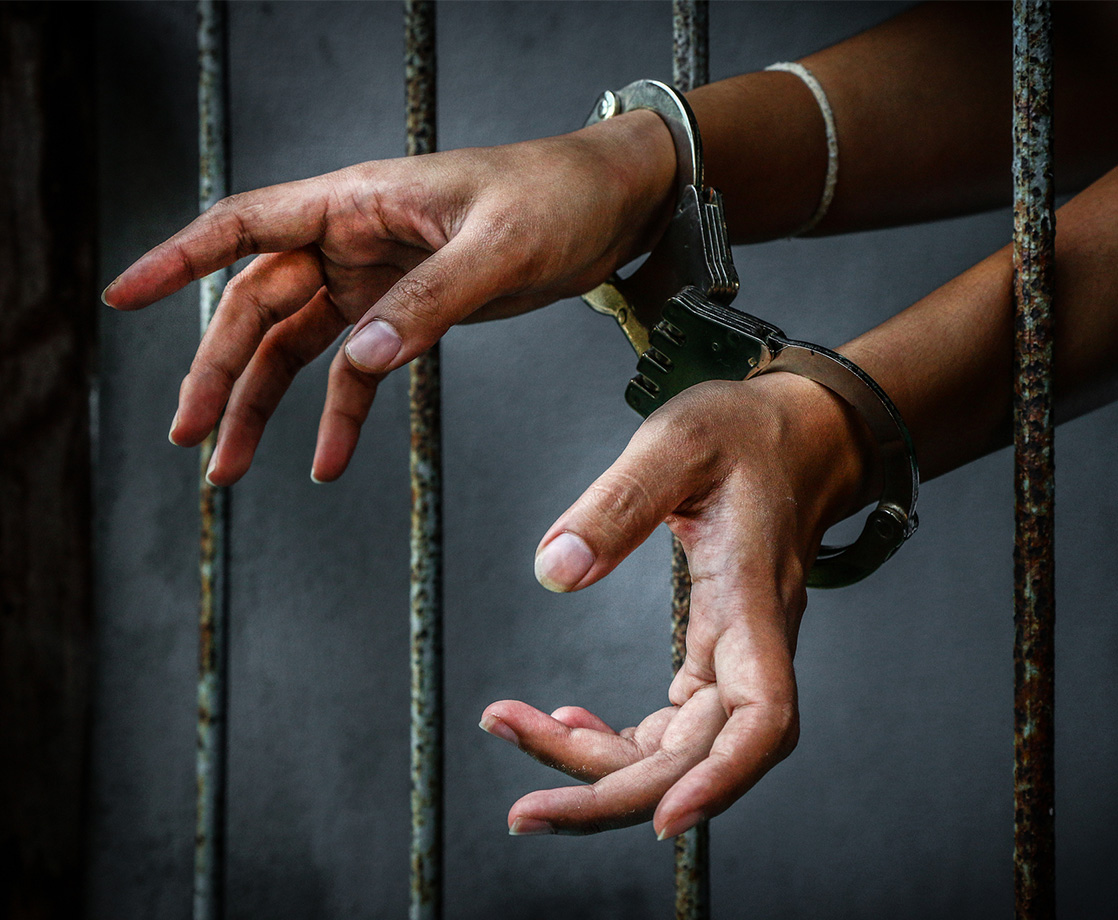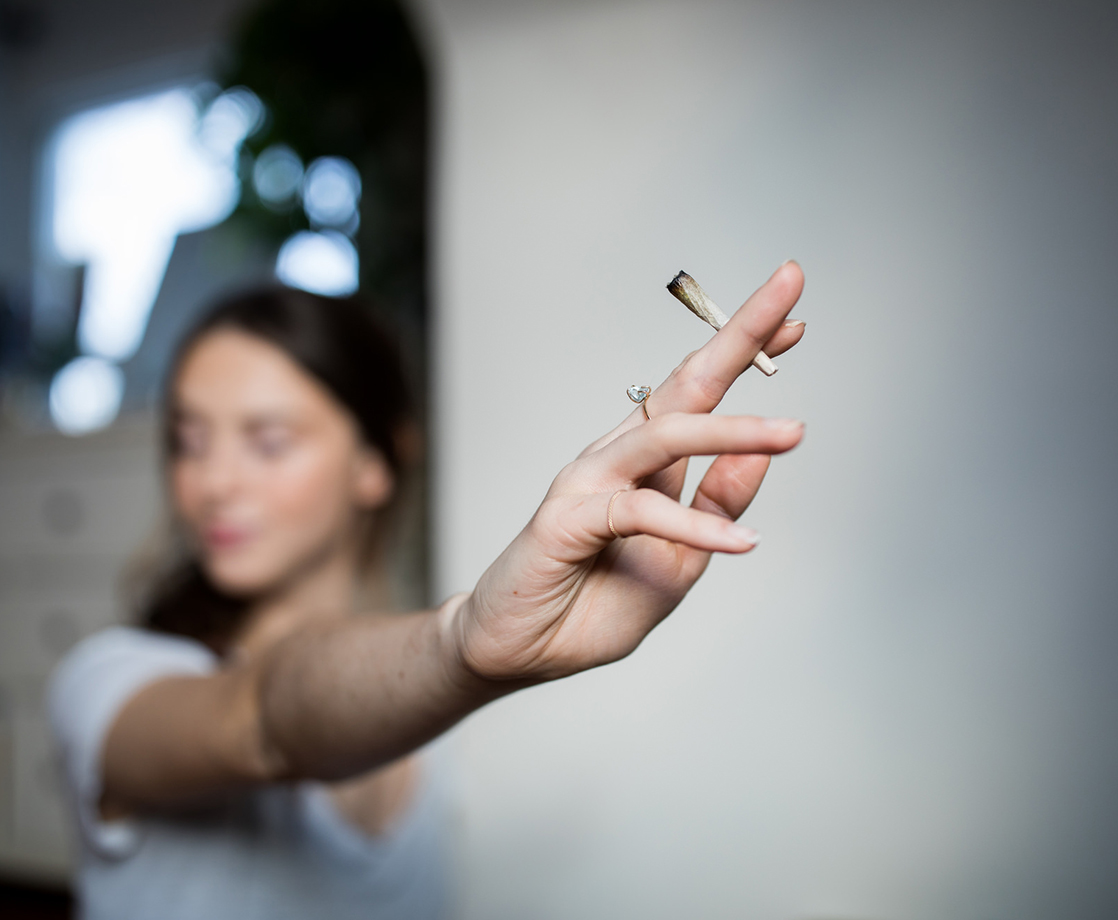Social justice serves as one of the cornerstones of the cannabis legalization movement. Activists sold the public on legal reforms by highlighting gross disparities in arrest and conviction rates for ethnic minorities, particularly black and Latinx Americans.
Yet studies from Colorado and Washington State — the first two US states to legalize recreational marijuana — illustrate that while legalization has caused weed arrests to plummet, black Americans still make up a disproportionately large amount of the few arrests that still occur.
A new study in Substance Use and Misuse looked at marijuana arrests in Washington State from 2012 to 2015. Researchers from Oregon’s Public Health Division and Washington State University found that while marijuana arrests plummeted for both black and white people after legalization in 2014, black residents were still disproportionately arrested and cited for marijuana offenses at higher rates than white residents.
In fact, the racial disparity doubled in Washington State after legalization, from black Americans being busted for weed at a rate 2.5 times greater than white Americans to 5 times greater after legalization. Those figures are pretty astounding considering that African Americans make up less than 5 percent of Washington State’s total population; Caucasians compose over 77 percent.
The most notable disparity occurred with arrests for illegal sales, i.e. selling weed outside of the state-licensed system.
“Arrests of white people [in Washington State] fell from 124 in 2012 to 41 in 2015, a drop of 67 percent,” wrote Bruce Barcott at Leafly. “But arrests of black people remained nearly unchanged. 43 people were arrested in 2012, and 41 in 2015. That’s a drop of only 5 percent.”
Researchers have spotted a similar trend in Colorado: black Americans are arrested and cited for marijuana offenses at a 2.5 times greater rate than white Americans. Unlike Washington State, Colorado’s racial disparity rate has remained relatively unchanged from 2015 to 2018, but it’s still there.
In Colorado, African Americans make up 4 percent of the state’s population; Caucasians compose 84 percent.
Racial disparities have persisted in other parts of the country, as well. Last year, NYPD statistics showed that racial profiling led to minorities making up 86 percent of all weed-related arrests in NYC. Numerous studies have concluded that the marijuana usage rate among all racial demographics is roughly identical.
While the justice end of legalization has proven frustratingly complicated, things look a little better on the business end. In 2017, Marijuana Business Daily showed that 17 percent of the cannabis industry’s executives were ethnic minorities, which is slightly higher than the national average of 15 percent.
Follow Randy Robinson on Twitter











